
Coronavirus (COVID-19) can cause mild to severe respiratory illness. Symptoms such as fever, cough, shortness of breath and pink eye can show up 2 to 14 days after a person is exposed. People with severe infections can develop pneumonia and even die from complications of the illness.
To cut your personal risk of contracting the COVID-19, avoid touching your eyes, nose, mouth and face with unwashed hands. It is the mucous membranes (membranes that line various cavities in the body) that are most susceptible to transmission of the virus.
To avoid infecting others with the coronavirus, the Centers for Disease Control and Prevention (CDC) has recommended the use of face masks to be worn when out in public. Face masks can reduce the spread of coronavirus by people who are infected but have no symptoms of the virus (asymptomatic). Face masks, however, do not protect your eyes from infection.
Here are a few tips on how to protect yourself and others:
1. Practice safe hygiene and social distancing — The Centers for Disease Control and Prevention (CDC) offer these general guidelines to slow the spread of disease:
- Wash your hands often with soap and hot water for at least 20 seconds. (Singing Happy Birthday twice is about 20 seconds)
- You should especially wash your hands before eating, after using the restroom, sneezing, coughing or blowing your nose.
- If you can’t get to a sink, use a hand sanitizer that has at least 60% alcohol.
- Avoid touching your face — particularly your eyes, nose, and mouth.
- If you cough or sneeze, cover your face with your elbow or a tissue. If you use a tissue, throw it away promptly. Then go wash your hands.
- Avoid close contact with sick people. If you think someone has a respiratory infection, it’s safest to stay 6 feet away.
- Stay home when you are sick.
- Regularly disinfect commonly touched surfaces and items in your house, such as doorknobs, refrigerator door handles and counter tops.
2. Coronavirus may cause pink eye, so avoid touching eye discharge — Someone may have pink eye but it doesn’t mean that person is infected with coronavirus. But a recent study suggests that up to one third of people hospitalized with coronavirus experience eye problems, such as viral pink eye or conjunctivitis. It’s important to know that the virus can spread by touching fluid from an infected person’s eyes, or from objects that carry the fluid.
3. Avoid rubbing your eyes — We all tend to do it and natural habits can be hard to break but doing so will lower your risk of infection. Use a tissue instead of your fingers when you feel the urge to rub your eye or even to adjust your glasses. Dry eyes can lead to more rubbing, so consider adding moisturizing drops to your eye routine. If you must touch your eyes for any reason wash your hands first with soap and water for at least 20 seconds. Then wash them again afterwards.
4. If you wear contact lenses, consider switching to glasses for a while — There’s no evidence that wearing contact lenses increases your risk of coronavirus infection although contact lens wearers touch their eyes more than the average person. Substituting glasses for contacts can decrease irritation and will lower the chances of you touching your eye. If you choose to continue wearing contact lenses, follow these hygiene tips.
5. Make sure you are well supplied on eye medicine prescriptions if you can — During this pandemic experts have advised patients to stock up on critical medications, enough to get by if you are quarantined or if supplies become limited. If your insurance allows you to get more than 1 month of essential eye medicine, such as glaucoma drops, you should do so. Some insurers will approve a 3-month supply of medication in times of natural disaster. Ask your pharmacist or ophthalmologist for help if you have trouble getting approval from your insurance company. Don’t wait until the last minute to contact your pharmacy, request a refill as soon as you’re due.
IF YOU’RE NOT FEELING WELL – Call your family doctor. If you suspect you may have pink eye (conjunctivitis), call an eye doctor near you. It is suggested that patients not go directly to medical or eye care facilities without a prior phone call to help to decrease the possible spread of the virus. A phone call allows the health facility to prepare for your visit and diagnose and treat you in a proper manner.
You may feel nervous about going to the doctor’s office during this pandemic. But treatment for eye emergencies should not be delayed. Ophthalmologists, like all medical professionals, follow strict hygiene and disinfection guidelines.
Ophthalmologists are available to treat urgent eye issues, deliver eye injections and provide critical care. Call your ophthalmologist or other medical doctor as soon as possible in the following situations:
- You have macular degeneration or diabetic retinopathy and get regular eye injections.
- You notice changes in your vision (like blurry, wavy or blank spots in your field of vision).
- You experience an eye injury, even if it seems minor.
- You suddenly lose some vision.
- You have eye pain, headache, red eye, nausea and vomiting.
Protect yourself and the eye care team by following these precautions:
- Wear a mask to a medical appointment. The mask should cover your nose and mouth.
- If you have a cough or a fever, or have been in close contact with someone who has these symptoms, you must call your doctor’s office ahead of time and let them know. After you speak with the health care profession, it may be decided that your visit is not an emergency, and you can be treated at home. If you arrive sick at the doctor’s office, you should wear a protective covering or mask, and they may want you to wait in a special room away from other patients.
- If you need to cough or sneeze during your exam, move back from the microscope. Bury your face in the crook of your arm or cover your face with a tissue. Wash your hands with soap and water right away.
For more Coronavirus information visit: www.cdc.gov/coronavirus
For more information about the Discovery Eye Foundations new research for Coronavirus vaccine visit: www.discoveryeye.org/covid-19-emergency-research/



 Tom Sullivan
Tom Sullivan Healthy Aging Month is an annual health observance designed to focus national attention on the positive aspects of growing older. Aging is a process that brings many changes. Vision loss and blindness, however, do not have to be one of them. There are several simple steps you can take to help keep your eyes healthy for the rest of your life.
Healthy Aging Month is an annual health observance designed to focus national attention on the positive aspects of growing older. Aging is a process that brings many changes. Vision loss and blindness, however, do not have to be one of them. There are several simple steps you can take to help keep your eyes healthy for the rest of your life.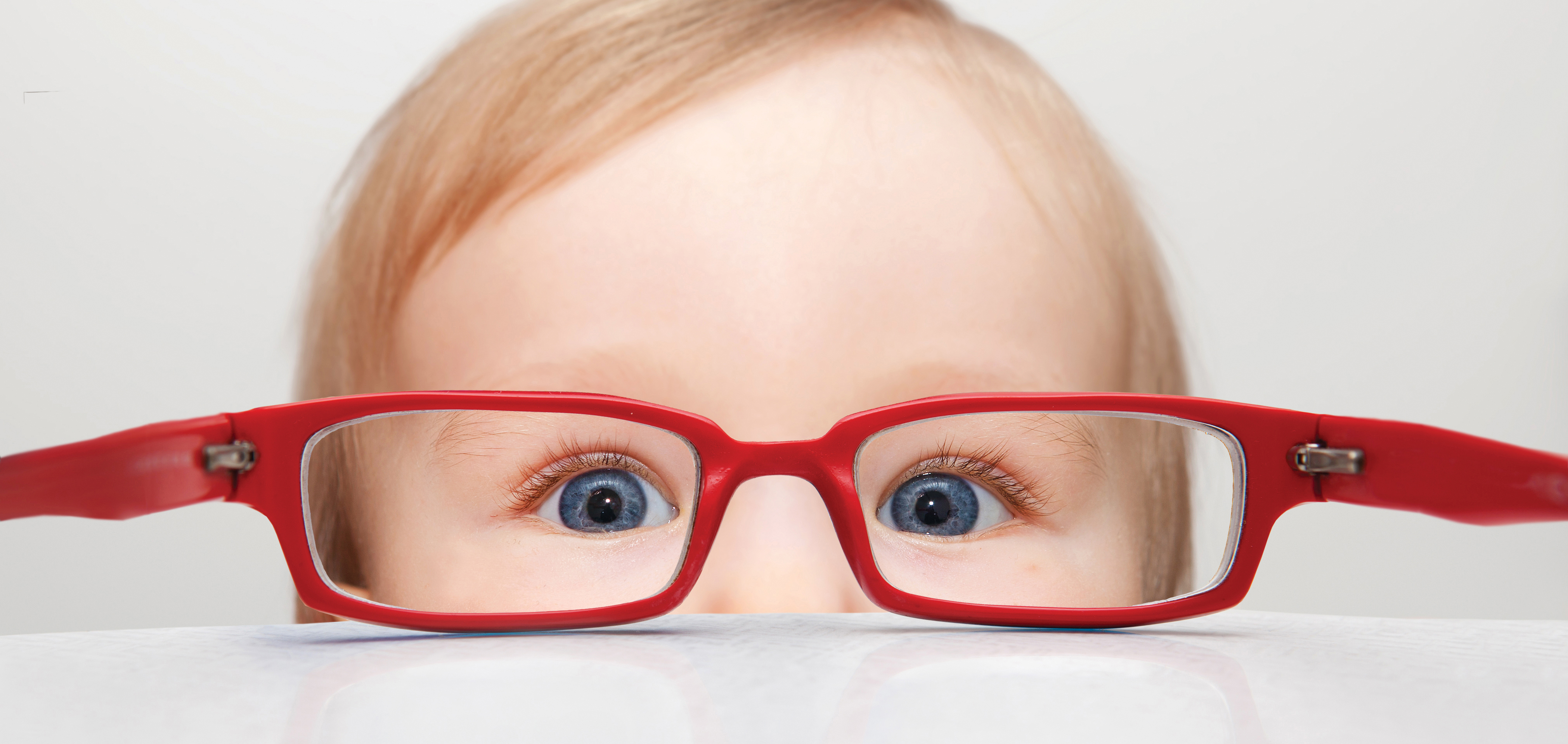

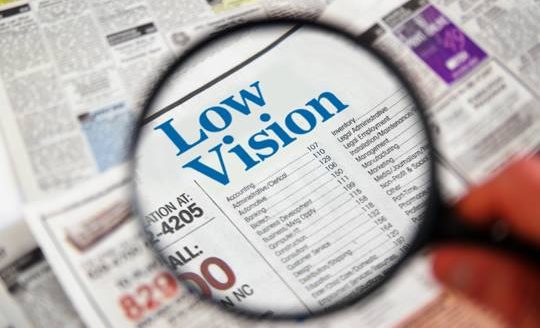
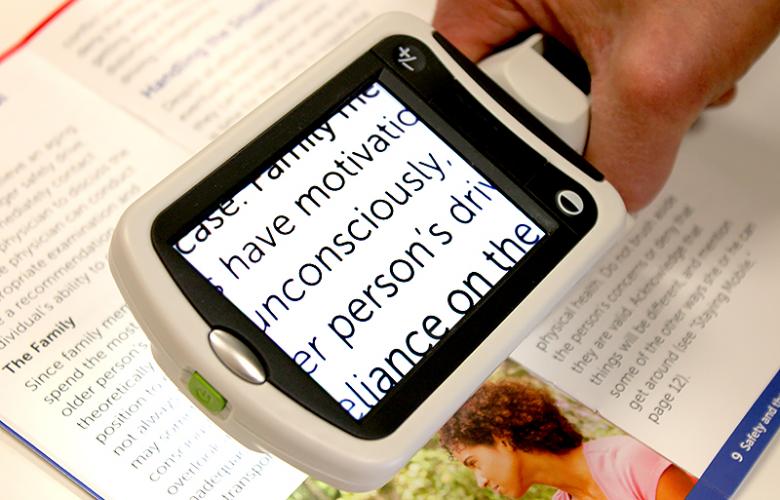 Portable magnifiers and lighted magnifiers- offer magnified reading on the go. Perfect for menus, shopping lists, label reading, and more, portable magnifiers can fit in your pocket, purse, or be worn on the belt for quick, easy use.
Portable magnifiers and lighted magnifiers- offer magnified reading on the go. Perfect for menus, shopping lists, label reading, and more, portable magnifiers can fit in your pocket, purse, or be worn on the belt for quick, easy use.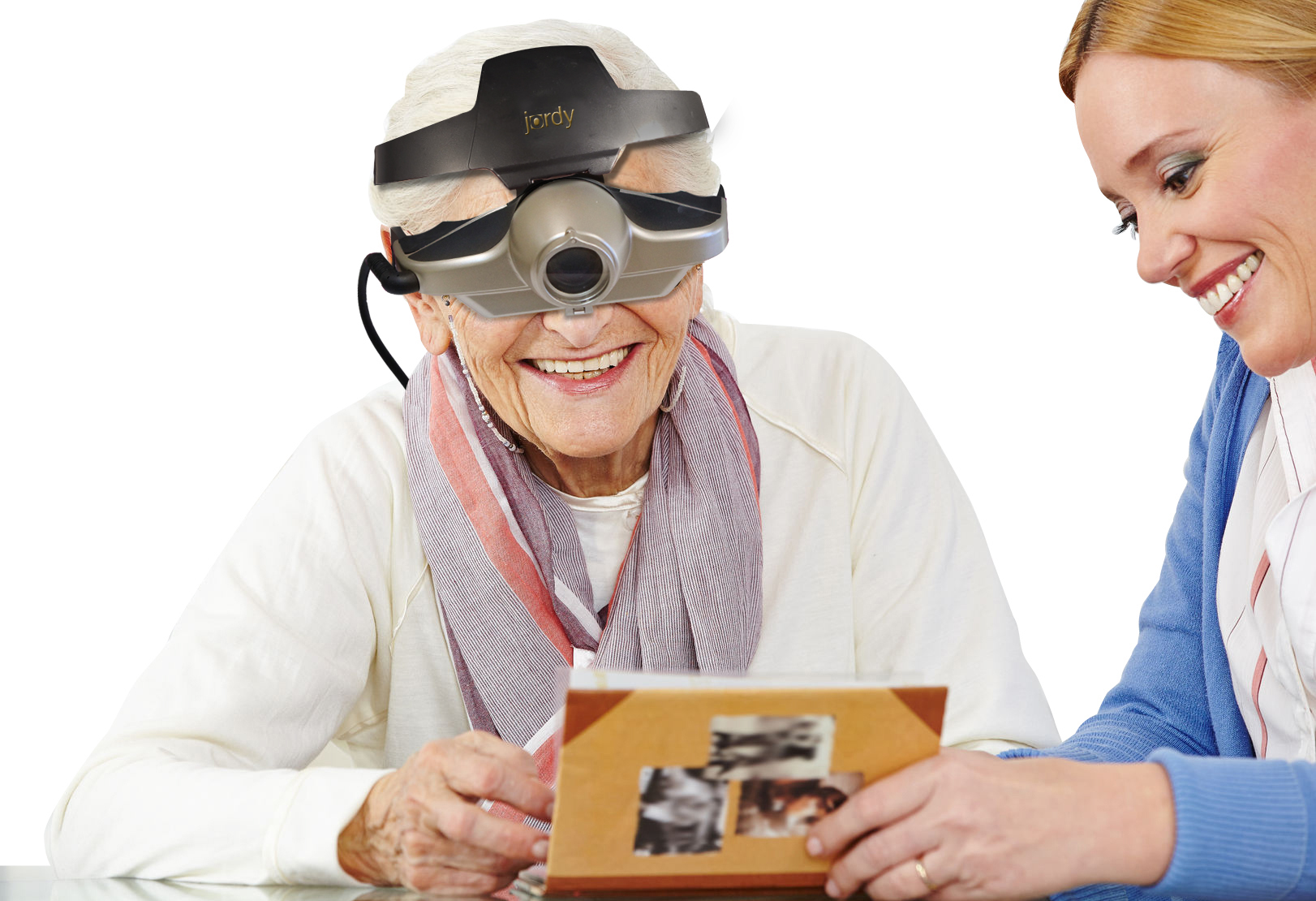 Wearable magnifiers – wearable technology is the future for those with low vision who live an active lifestyle. Wearable options make it possible to see and take part in everyday tasks, such as reading and recognizing faces.
Wearable magnifiers – wearable technology is the future for those with low vision who live an active lifestyle. Wearable options make it possible to see and take part in everyday tasks, such as reading and recognizing faces.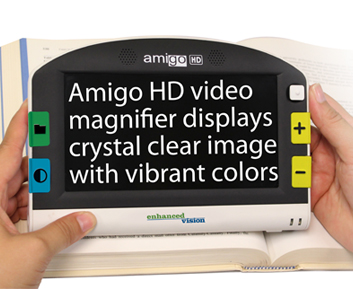 Transportable magnification screens– are perfect for close up viewing as well as distance viewing. These great viewers offer great flexibility, from watching TV to using the mirror image feature for self-viewing. There are APPS for smart phones that can be used to magnify reading material.
Transportable magnification screens– are perfect for close up viewing as well as distance viewing. These great viewers offer great flexibility, from watching TV to using the mirror image feature for self-viewing. There are APPS for smart phones that can be used to magnify reading material.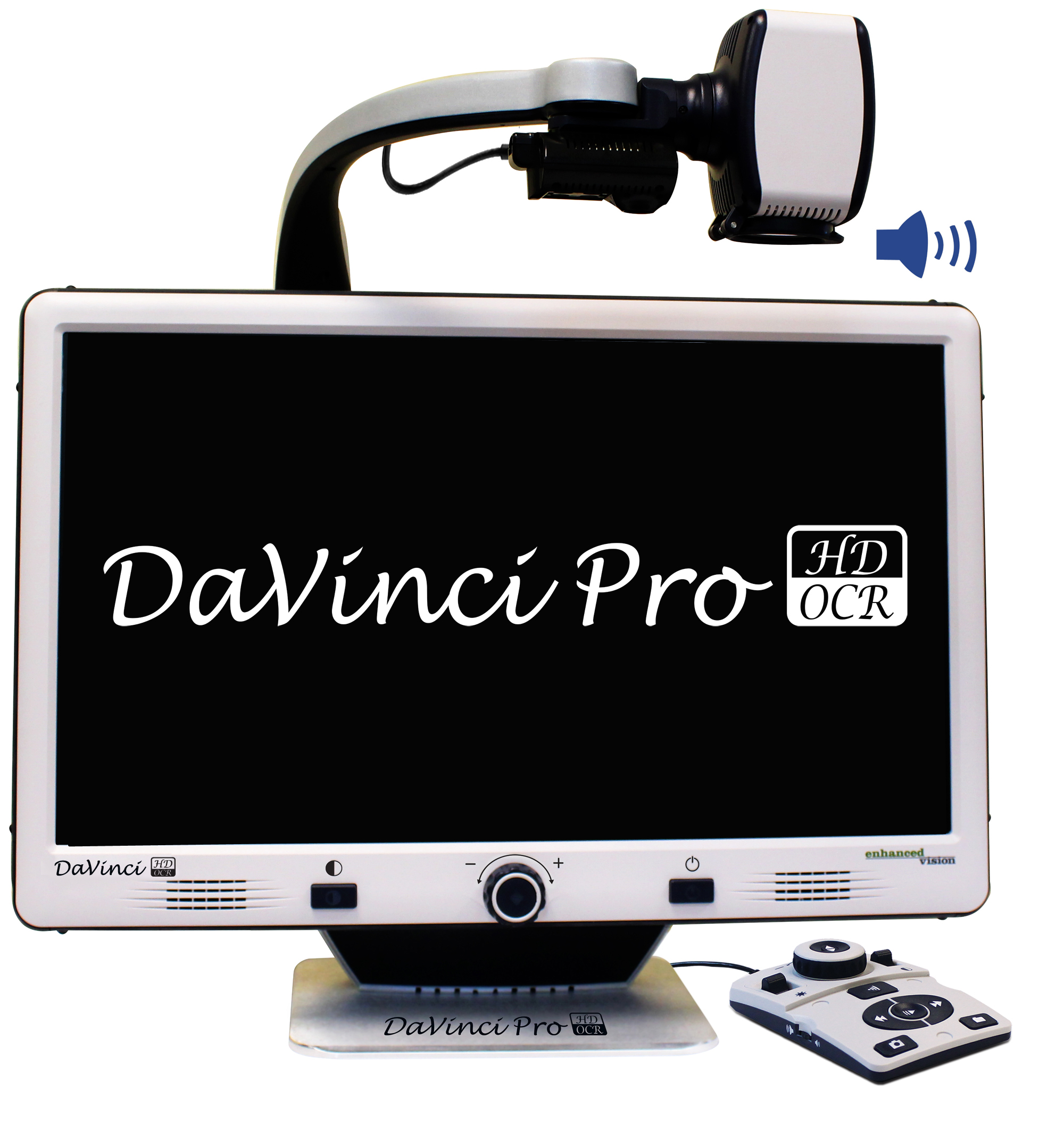 Desktop devices for reading books, bills or letters – these have large, bright screens. A reading table offers visual aid for reading books, optional computer connectivity and more. This family of portable magnification units offers up to 75x magnification.
Desktop devices for reading books, bills or letters – these have large, bright screens. A reading table offers visual aid for reading books, optional computer connectivity and more. This family of portable magnification units offers up to 75x magnification.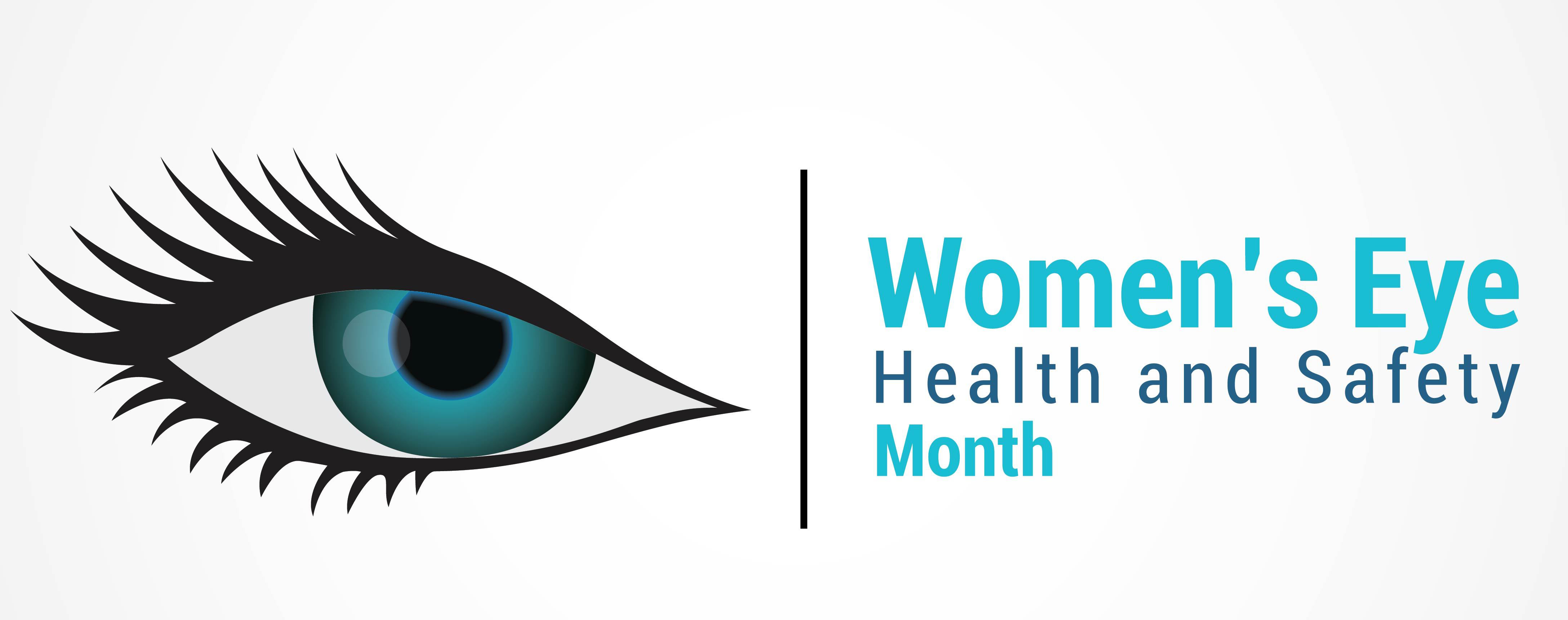
 The other day my daughter Blythe asked me which Christmas I consider to be my favorite. I had to think a minute, because as a family, the Sullivan’s have had some great ones. I was about to say the first time you and your brother Tom were old enough to really get into Santa, being absolutely sure that the fat man brought your presents right down the chimney. I was about to say that, and then I remembered.
The other day my daughter Blythe asked me which Christmas I consider to be my favorite. I had to think a minute, because as a family, the Sullivan’s have had some great ones. I was about to say the first time you and your brother Tom were old enough to really get into Santa, being absolutely sure that the fat man brought your presents right down the chimney. I was about to say that, and then I remembered.  Colorado, when our children were teenagers and our friend, the marvelous Betty White, joined us for a Christmas Eve sleigh ride none of us will ever forget. The night was perfect. It had snowed earlier that day, and the air had a feeling of Christmas that you could almost taste. Oh, sure, it was cold, but we were bundled up under tons of blankets as two beautiful Clydesdale horses with bells jingling took us through the woods to a magical barn where dinner would be served and carols sung.
Colorado, when our children were teenagers and our friend, the marvelous Betty White, joined us for a Christmas Eve sleigh ride none of us will ever forget. The night was perfect. It had snowed earlier that day, and the air had a feeling of Christmas that you could almost taste. Oh, sure, it was cold, but we were bundled up under tons of blankets as two beautiful Clydesdale horses with bells jingling took us through the woods to a magical barn where dinner would be served and carols sung. 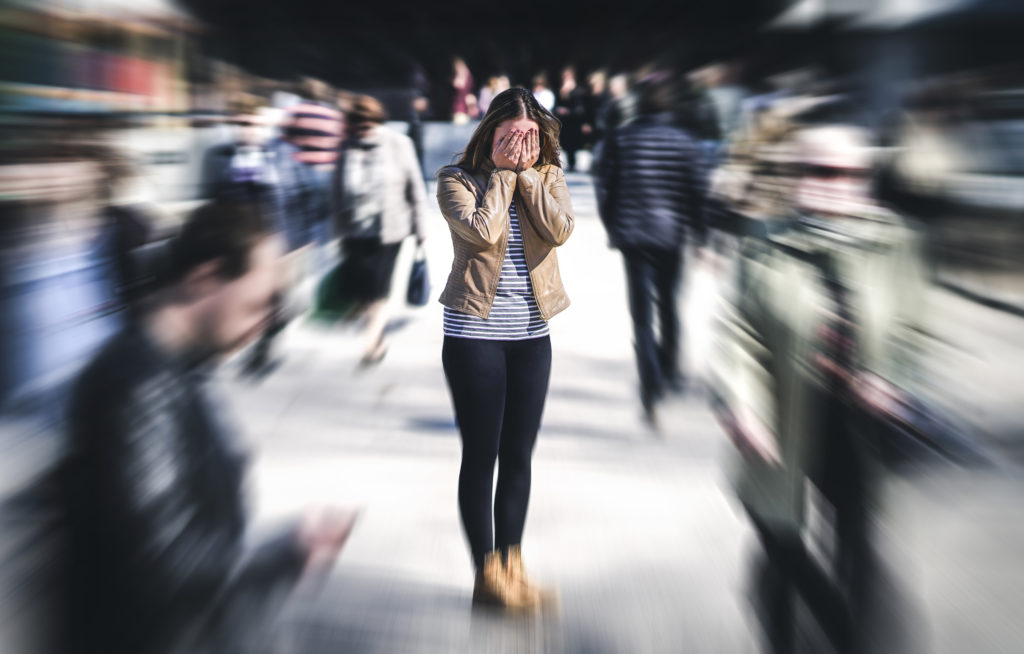 For 8 years I served as a member of the Academy of Ophthalmology’s Foundation Board. In that time we conducted a number of studies in all areas of vision preservation. The one that I believe was most meaningful occurred when we asked thousands of people to express what frightened them most in life. Frankly, I was really surprised at the results of the study. I was sure that people would say maybe stage four cancer, or ALS, or some other terminal disease would be the thing that would frighten them the most. I would have imagined that they might talk about the loss of a loved one or even the fear of a natural disaster. The results of the study were very clear. 62% of all the participants said that the loss of vision was the single most frightening possibility they would ever have to face.
For 8 years I served as a member of the Academy of Ophthalmology’s Foundation Board. In that time we conducted a number of studies in all areas of vision preservation. The one that I believe was most meaningful occurred when we asked thousands of people to express what frightened them most in life. Frankly, I was really surprised at the results of the study. I was sure that people would say maybe stage four cancer, or ALS, or some other terminal disease would be the thing that would frighten them the most. I would have imagined that they might talk about the loss of a loved one or even the fear of a natural disaster. The results of the study were very clear. 62% of all the participants said that the loss of vision was the single most frightening possibility they would ever have to face. Tom Sullivan
Tom Sullivan I can only imagine my wife’s beautiful face. Oh sure, I’ve touched it and kissed it many times. I’ve felt the lines with the tips of my fingers, tracing our lives together, and I’ve heard her smile. I understand that’s not really seeing it. It’s not seeing her eyes as they sparkle with something funny I said; or, when she looks at me with love reserved only for those who are truly in love.
I can only imagine my wife’s beautiful face. Oh sure, I’ve touched it and kissed it many times. I’ve felt the lines with the tips of my fingers, tracing our lives together, and I’ve heard her smile. I understand that’s not really seeing it. It’s not seeing her eyes as they sparkle with something funny I said; or, when she looks at me with love reserved only for those who are truly in love.